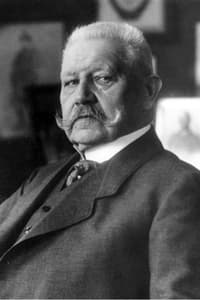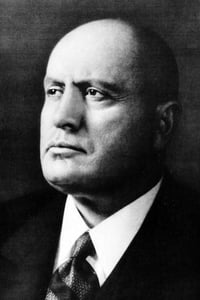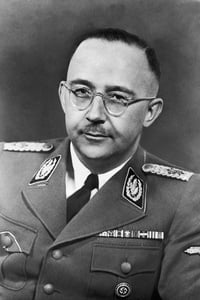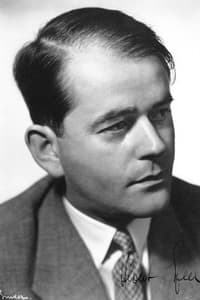Wie konnte es geschehen? - Teil 1: "Deutschland erwache..." (1914 - 1938)
Genres
Documentary
OverView
In 1945, 160 German cities lay in ruins and the loss of millions of lives, billions in material assets and countless cultural treasures was mourned throughout Europe... With the question “How could it happen?”, the film goes back to the year 1914, when the “primal catastrophe of the 20th century” took its course with the First World War.
Others
Budget
$--
Revenue
$--
Status
Released
Original Language
German
Runtime
104 mins
Rating
0/10
Release Date
01 January 2006
Country
Germany






